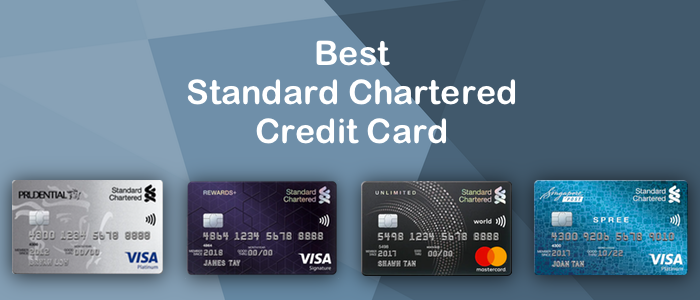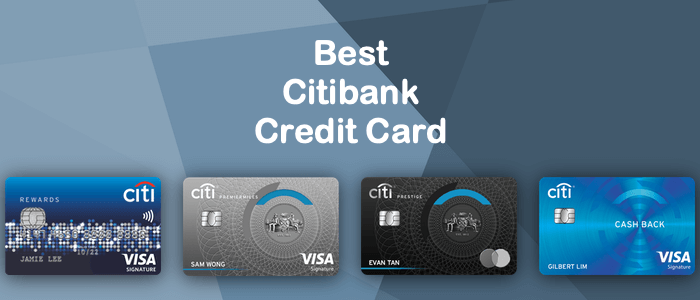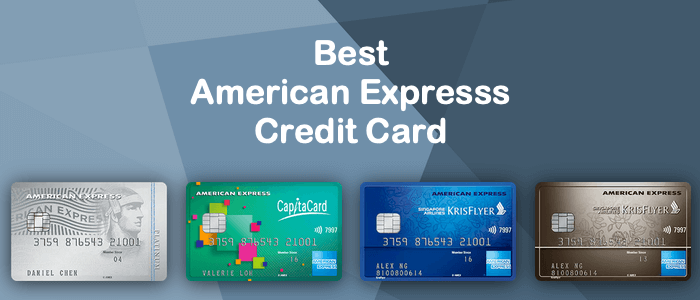The Expat’s Guide To Singapore
Have you just made a recent move to Singapore? Boggled with the different types of savings accounts, credit cards and insurance available here? We understand that it can be frustrating to navigate all these in a foreign country, so we’ve compiled a guide to help you get around all the essential banking services you might need to help you get settled.
Which banks should I bank with?
Banks in Singapore are considered very safe in terms of global standards, especially the local banks like DBS, OCBC and UOB. According to credit rating agency Moody’s, they rate these three banks at the “aa3” level, which is amongst one of the highest that Moody’s assigns to banks globally.
Is it easy for a foreigner to open a bank account in Singapore?
Opening a bank account here is pretty easy – you will need your employment pass andd a local address. It will be done within a day!
Are there multi-currency accounts available here?
Of course! As there is quite a high proportion of expats in Singapore, you can imagine the banks will provide these accounts to accomodate to the needs of global citizens. Here’s some multi-currency accounts you might want to look at:
DBS Multi-Currency Autosave – This is an all-in-one account with 12 foreign currency types that allow you to save and transact. You can easily convert one currency to another,as well as remit, withdraw or receive foreign currency funds directly from and into your account. Cheque facilities are available upon request as well..
UOB Global Currency Account – Choose from 10 available currencies and earn daily interest on selected currencies. Do note that there’s a minimum daily balance and initial deposit required.
HSBC Multi Currency Savings Account – This account gives you access to 11 different currencies and offers you live foreign exchange rate before you make a transfer. If you have a HSBC account in another country, you will be able to view the balances of all your linked HSBC accounts in 29 countries on one single screen!
OCBC Global savings Account – you can choose to open the savings account in your preferred currency. Choose from 9 major currencies – AUD, CAD, EUR, GBP, CHF, USD, NZD, HKD and JPY.
Do I need a credit card?
Credit cards are widely used in Singapore and provides a convenient means of payment, especially when you need to make purchases online. Youdo not need it, but it’s an extremely “good-to-have”.
What’s more, smart use of credit cards can even help you earn cash rebates. Air miles and give you lots of discounts in restaurants and with retailers.
Depending on your spending patterns, choose from these 3 main types of cards to suit your lifestyle needs:
- Cashback/rewards Credit cards – Cashback cards or those that allow you to earn reward points provide you with some practical advantage with your credit card spend. You will be able to earn rewards points that let you exchange points for vouchers.
- Frequent Flyer Cards – these types of cards help the user earn air miles while they spend so that they will be able to exchange it for cheaper or even free air tickets. If you are a frequent traveller, this type of cards will suit you best. What’s more, some of them even provides free travel insurance when you use your card to pay for your air tickets!
- Cash rebates – Rebates cards are useful for daily savings. You get a small rebate for spending on necessities, such as petrol, grocery or dining out.
Do note that most credit cards require a minimum income requirement, so you’ll need to provide some form of statement to show this information. There are usually annual fees applicable for cards as well, but most banks will be happy to waive it if you use your card frequently enough.
What type of insurance is available to an expat here?
While you can get access to local insurance policies, you might want to look for a international solution if you foresee yourself travelling much or may have the potential to stay in other countries for awhile.
Can I buy residential property here?
Yes you can, but because of the property-cooling measures in recent years, there’s a Additional Buyers’ Stamp Duty(ABSD) of 15 percent levied on foreign buyers of private homes here.
With regards to property loans, foreigners will have access to them as long as you fulfil the income requirements. If it is your first housing loan in Singapore, you can obtain financing of up to 80% of the purchase price or property market value, whichever is lower.
Loan tenor will be up to 35 years or 75 years of age at end of loan tenor, whichever is earlier.
How do I rent a property here?
Most foreigners who may not be sure that they will stay for a long time in Singapore would most likely look to rent a property. You can visit one of the many property rental portals here and go for visits.
Some of these include:
- iproperty.com
- propertyguru.com
- 99.co
Most apartments require a minimum of 1-year lease and either 1 or 2 months’ of rental deposit.
Can I invest in Singapore shares?
Yes, and the good thing about it is there’s no capital gains tax (unless you are U.S citzens). You can open a trading account with your bank or look for one of the many securities brokers listed here:
- Phillip Securities
- Maybank Kim Eng
- CIMB Securities
- OCBC Securities
- DBS Vickers
- Saxo Capital
As a foreigner, most brokers will require the following from you, but do check again for any additional requirements:
- passport with 6 months validity
- bank statment issued with the last 3 months in your country
- supporting document for residential and mailing address
We hope we’ve covered the essentials for expats who are looking for banking services in Singapore. Remember to use our comparison wizard to find the best credit cards and loan needs for you!





